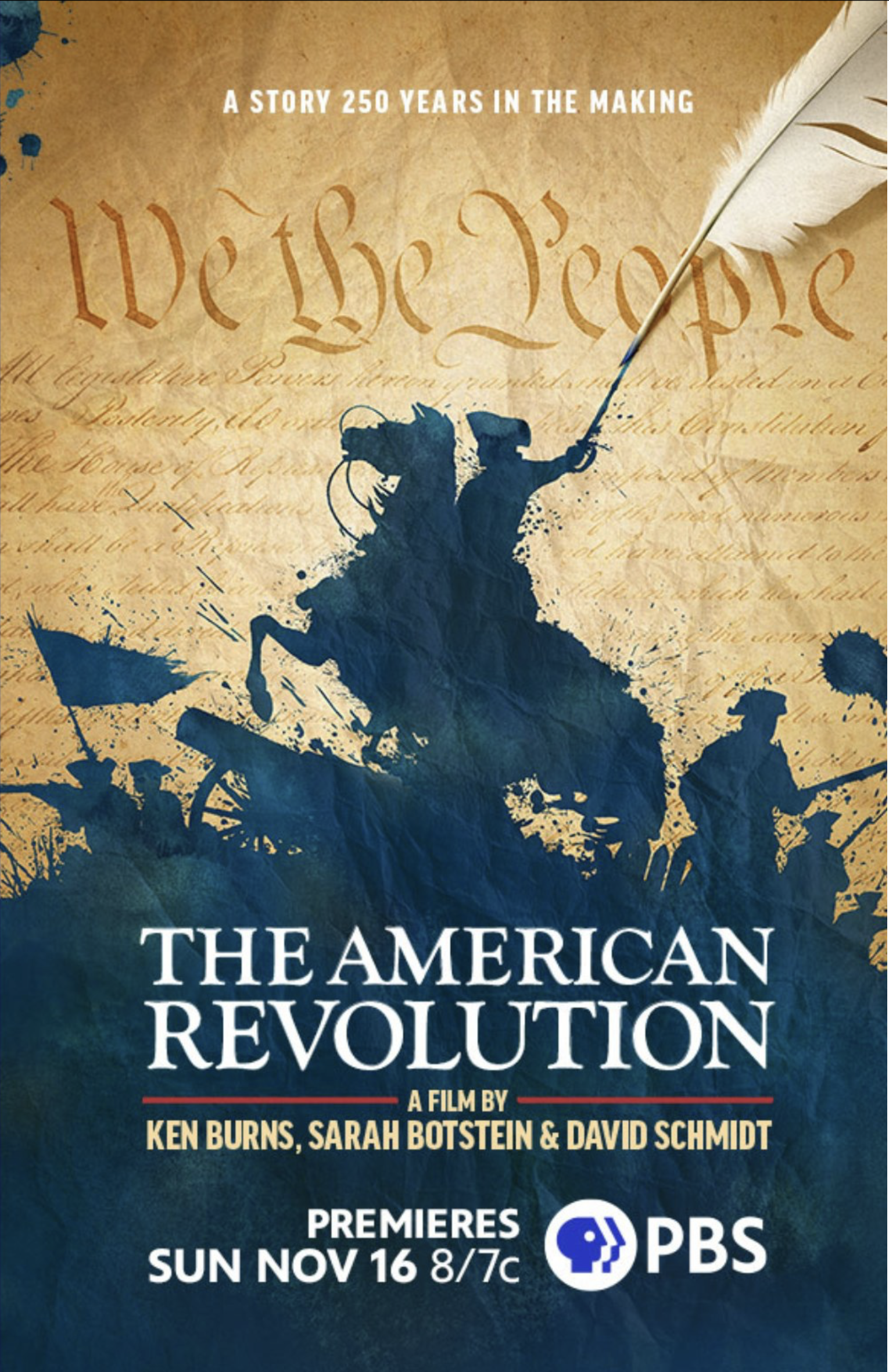Sarah Botstein: Look, this is a complicated, unusual, surprising story that involves all kinds of people in all kinds of nations. I think we reduce the American Revolution to Lexington and Concord—maybe Yorktown—British and Patriots, the Declaration of Independence, and the Constitution.
There’s a decade in there of a whole lot of really interesting things that happen on the political stage, militarily, and many, many, many millions of people who are affected by this war. For me, working on it, the first thing I had to do was rearrange my head and go, OK, this is a global war. This is not just 13 colonies in North America throwing off a cartoonish king. It’s way more complicated than that—and that seems fairly obvious. It’s like one layer of the onion. But it’s a world war, and then it’s a civil war.
And what does that mean technically? What is a civil war? What is the language that the colonists are using about the monarchy—and that they are British subjects? I think of slavery as Americans enslaving people—not us thinking of ourselves as slaves of the crown. So you have to really peel another layer back.
And then, you know, I’m really fortunate—this is the third big film about a war that I’ve been lucky enough to work on. And I think anytime you do a story about a war, it is your obligation to a viewer to make sure that as they are beginning to understand what the politicians and the military leaders are doing, who that impacts—who’s doing the fighting and the dying? Who are their parents? Who are their siblings? What is their community?
This is community against community. And to your point, it’s an eighteenth-century, very brutal, very bloody war that is not a mechanized army. So they’re moving on foot and by four-legged creatures and wagons—and the women are going with them unless the women are staying home and taking care of their properties.
So it’s a kaleidoscope of people. It’s like America. We know our neighbor is different from the neighbor down the street, from the person who lives fifty miles from you—and so is your family. And we’ve always been that way.
We have a lot to be, I think, inspired by in terms of how this has gone in the last 250 years—and a lot to learn from what we’ve not done well in the last 250 years. And you can hold both those things. And for me, the surprise, 10 years later—Ken and I talk about this a lot—is, you know, it’s a deeply patriotic, inspiring story, with all of our bruises and warts.
